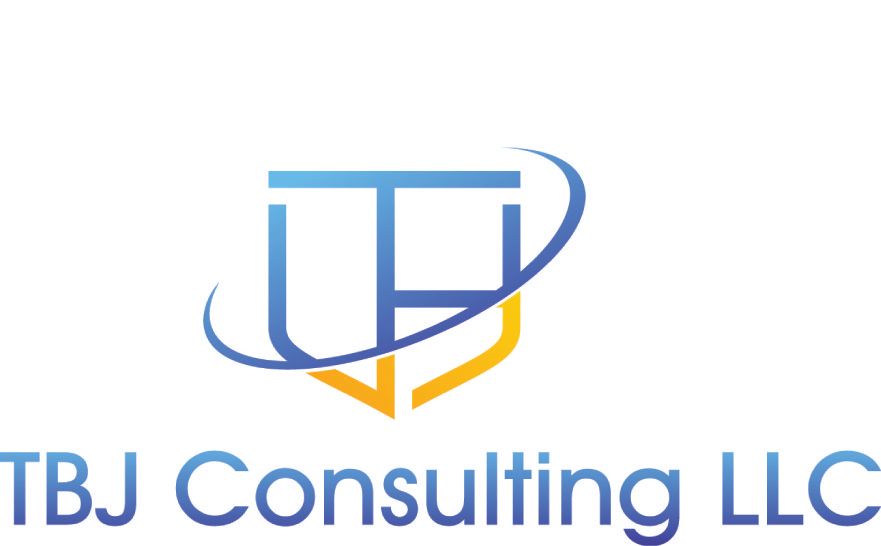Sticking with the blog title, random thoughts, I am finishing a post I have been working on for months and finally had time to finish. Since becoming a manager, one of the skills that I look for and help mentor is business maturity.
What is Business Maturity?
Business maturity, in essence, is the profound understanding of how a business operates and the ability to navigate within that understanding to drive effective outcomes. In the realm of IT, where innovation is constant, business maturity is often a missing element among professionals who may prioritize the latest features over aligning with the business needs.
Working with Consultants and
Vendors
A notable aspect of business maturity is evident in how IT professionals collaborate with consultants and vendors. Rather than adopting an
adversarial stance, the focus should be on assisting vendors for project success. While acknowledging instances of vendor incompetence, addressing such
concerns offline is more effective than attempting to prove one's intellect in
a meeting.
Communication and
Professionalism
Business maturity extends to communication and professionalism.
It involves understanding what to share and what to keep confidential,
refraining from poisoning team dynamics based on personal disagreements, and
recognizing the appropriate tone and language in different settings.
Maintaining professionalism is crucial, and occasional swearing in a professional
settings should be the exception rather than the norm.
Onboarding New IT Team Members
New members joining an IT team should prioritize understanding how the business functions before making recommendations. Implementing best
practices from a previous employer is acceptable, but comprehension of the
impact on the existing infrastructure is essential. Additionally, approaching
disagreements with humility and avoiding labeling others as "old school" or biased contributes to a more cohesive team dynamic.
Working with End Users
It's essential to empathize with end users rather than dismiss them as lacking technological understanding. Professionals should recognize the diverse skill sets within a company, understand that stress might impact interactions, and maintain a supportive approach.
Recommendations and Solutions
When recommending solutions, individuals should check their biases, solicit feedback, and ensure team buy-in before implementation. Taking responsibility for mistakes is a sign of maturity, acknowledging that everyone is prone to errors and that admitting to them is a crucial step towards learning and improvement.
Teamwork in IT
Teamwork is often a missing link in many IT teams. Effective communication, change control adherence, mutual assistance during challenges, and openness to feedback contribute to a collaborative environment. True teamwork involves seeking input genuinely rather than pushing a pre-determined agenda without considering alternative perspectives.
Final Thoughts
In conclusion, it's paramount for managers to lead with support and avoid negative habits. New team members should invest time in learning organizational processes and building relationships. Blaming others for mistakes or lacking leadership and communication skills doesn't showcase business maturity: instead, it reflects a personal shortfall that needs addressing. Ultimately, a commitment to personal growth and fostering positive relationships remains at the core of true business maturity.
